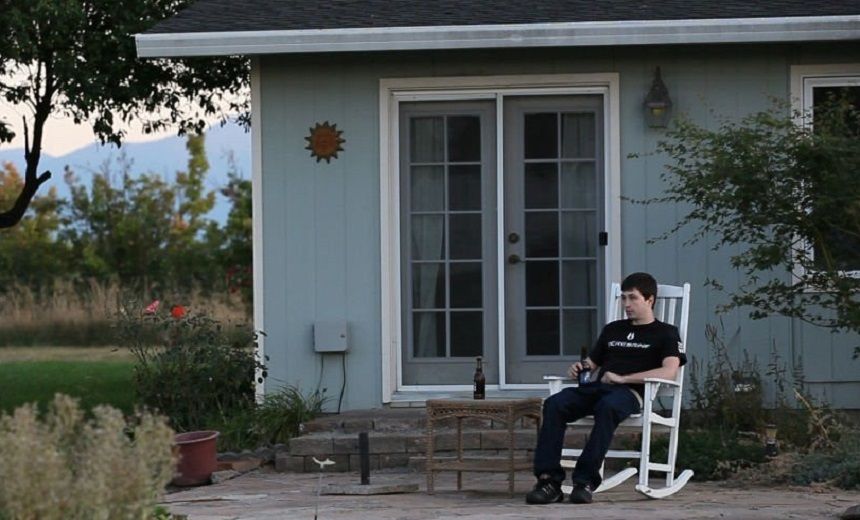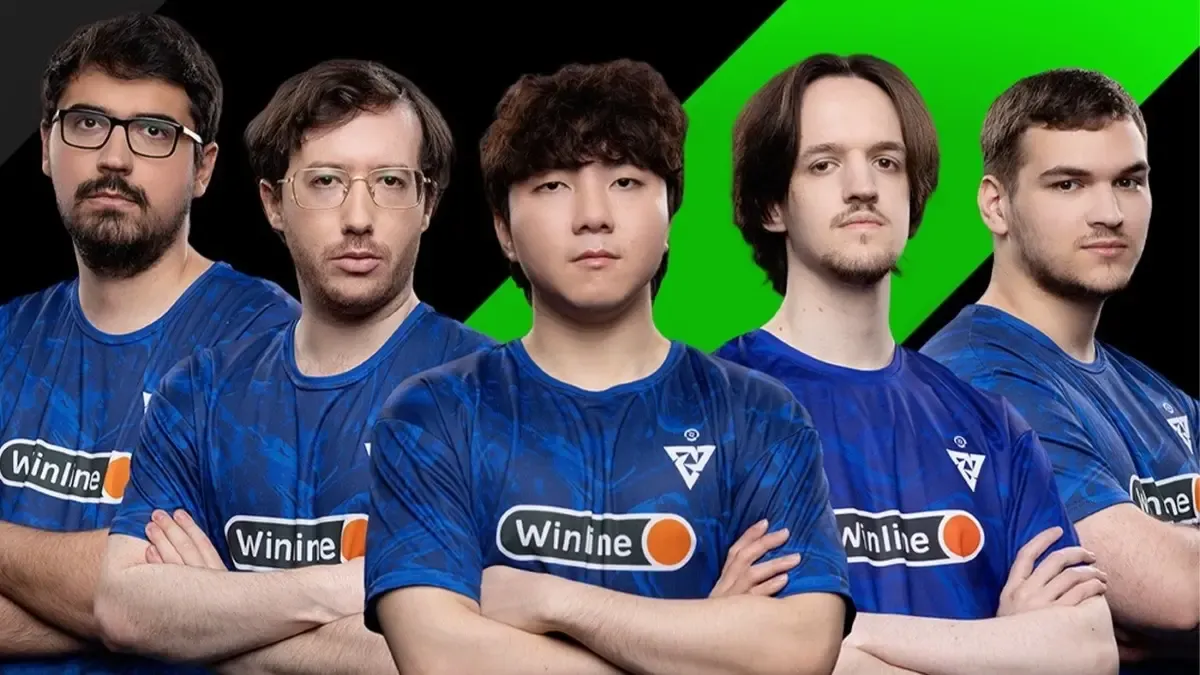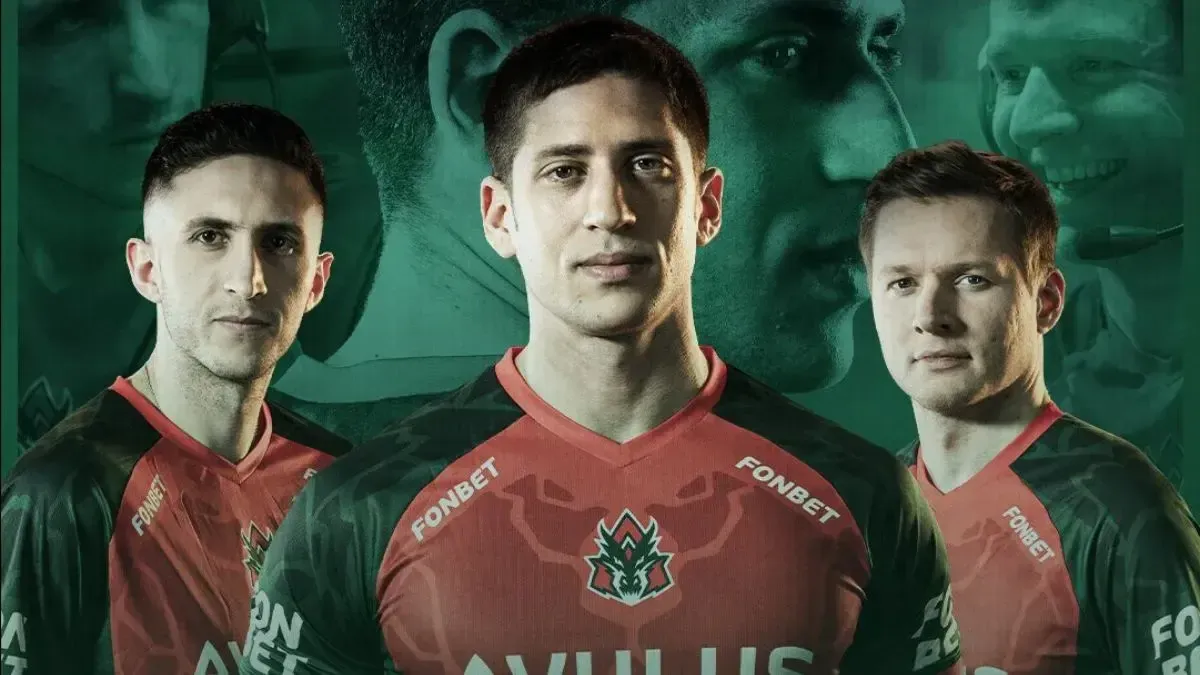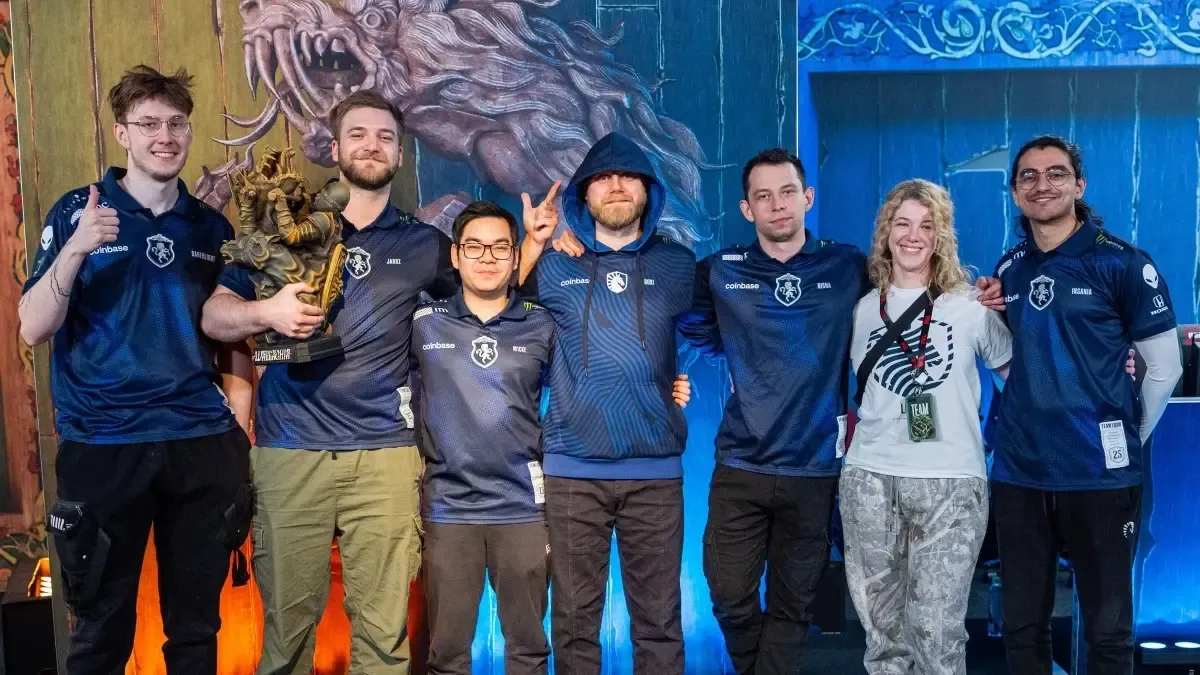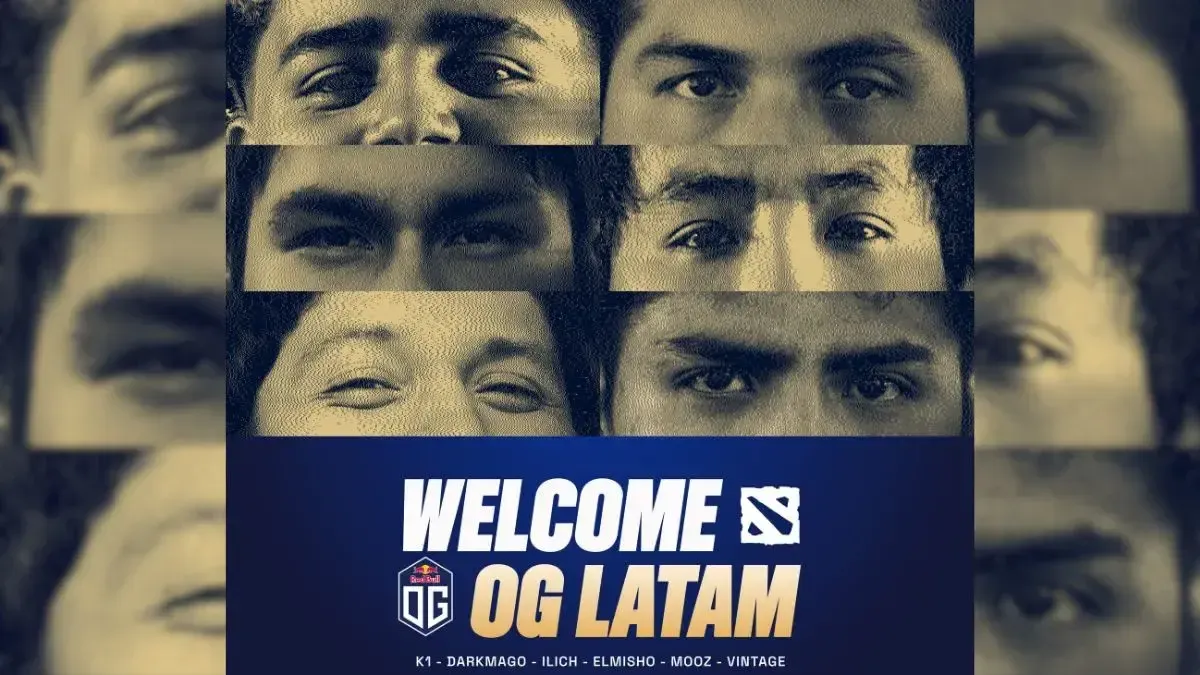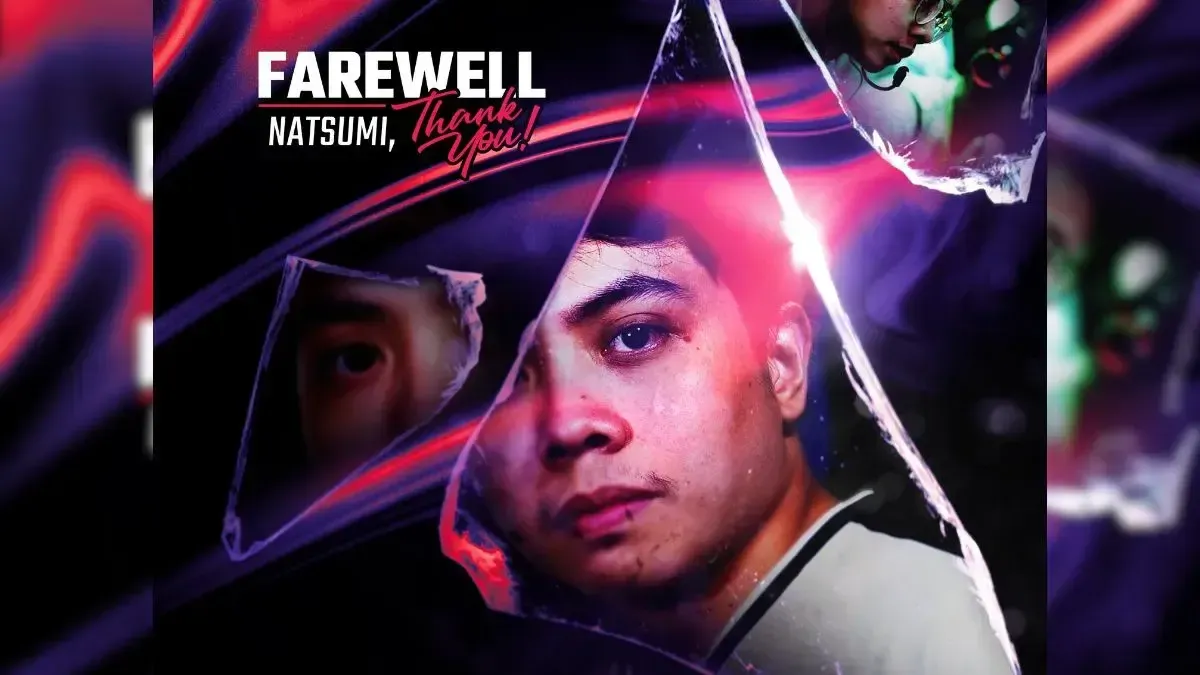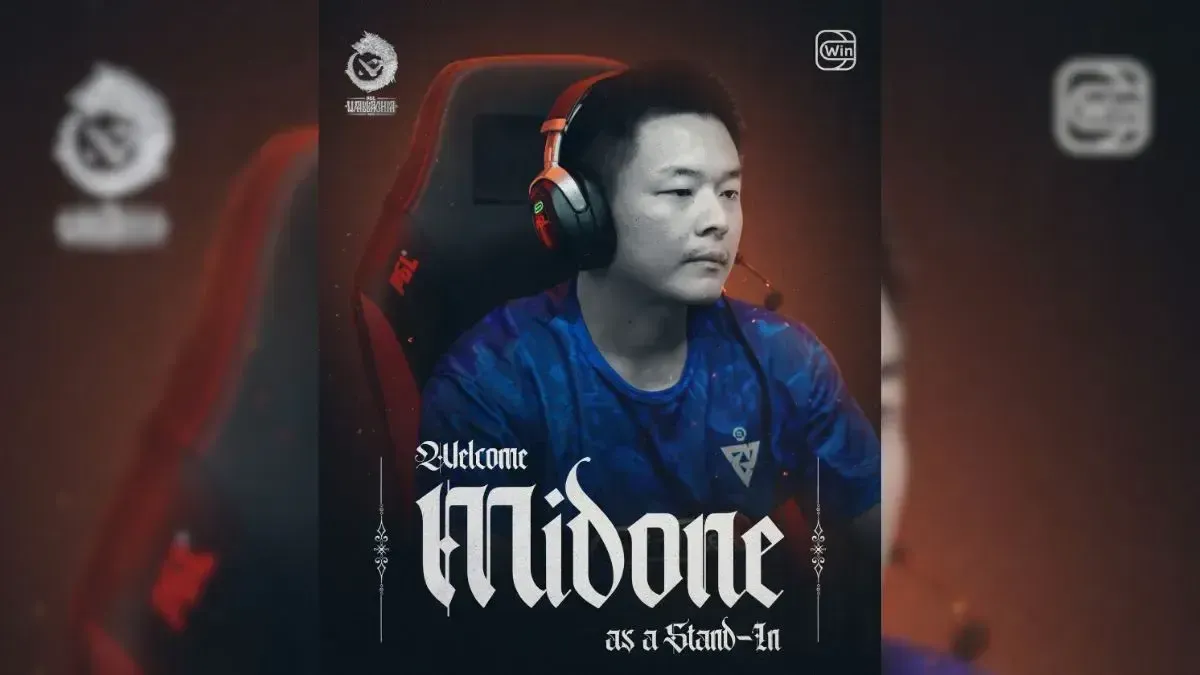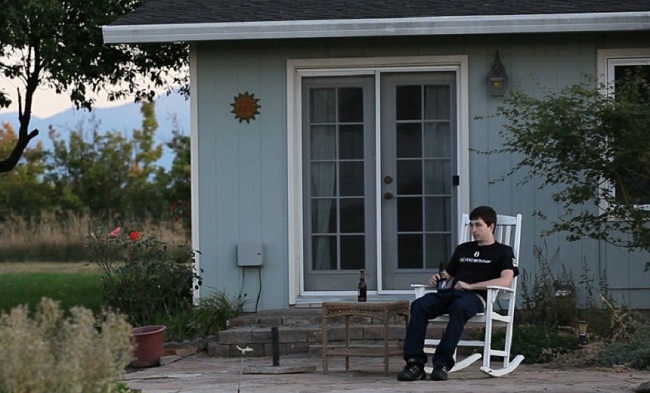
Clinton "Fear" Loomis is a legendary player in Dota. The highly decorated North American player is one of the “oldest” players in the scene, in both terms of age and experience. He has been widely regarded as one of the best North American players since the game’s inception.
Fear began his Dota 2 career playing with Saahil "UNiVeRsE" Arora, Per Anders Olsson "Pajkatt" Lille, Alexandru “ComeWithMe” Cr?ciunescu and Theeban “1437” Siva for Online Kingdom and competed in The International 2011. His journey to The International and his Dota 2 career were featured in the “Free to Play” documentary. Following TI1, Fear joined Evil Geniuses, in 2011, creating a journey and history that has been worthy of accolades, including claiming the TI5 championship title.
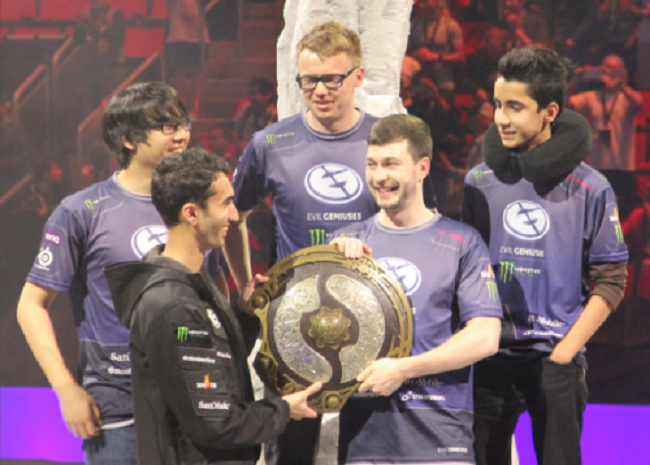
Other than his two-month departure from under the organization’s wing – when he continued to compete with the same roster, under the SADBOYS tag – Fear remained with Evil Geniuses, either as a coach or a player ever since — until Evil Geniuses bid farewell to the iconic player at the end of May 2018.
No-one had thought much about him not being so prominent in the competitive scene. He had, after all, competed for approximately a decade before taking up some of the other priorities in life that seem to come with age. Since then, Fear has focused on fatherhood and occasionally competing in various stacks for qualifiers. He remained, for the most part, one of the most experienced free agents on the market for the bulk of the new season.
Then, last month, it was announced that he would be competing at a high level once again, replacing Milan "MiLAN" Kozomara on J.Storm — prompting a flurry of community responses, a mixed bag of positive and negative opinions.
Thirty years old, pushing 31 next month, the biggest criticism was that Fear was just "too old" and should retire, making way for younger talent with faster reflexes and fresh energy. The reaction inspired Fear to speak out about an 'age-old' debate of Old Man Doto.
Fear addressed what he saw as the stem of the problem and his experience playing with and against a revolving door of younger players.
Why? Where did this come from?
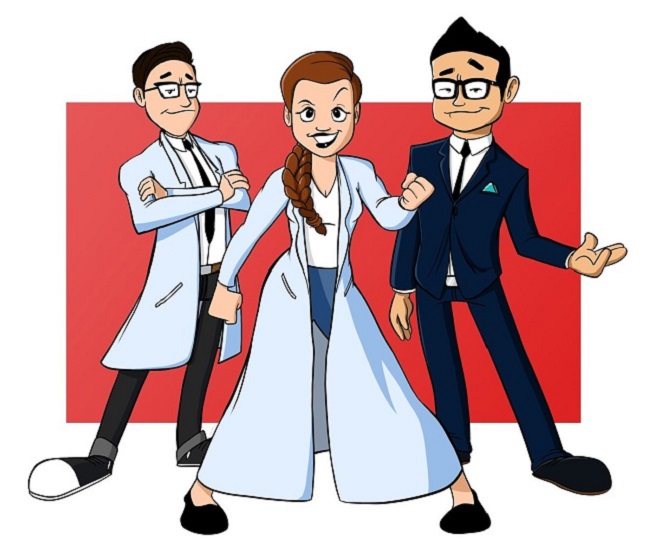
Image courtesy of 1HP
Fear then went on to pose the question "So why is it in traditional sports there are superstars in their 30's?"
GosuGamers headed directly to some experts in this particular area of the industry to see what they had to say.
Dr. Caitlin McGee, a physical therapist with significant experience treating competitive gamers, told GosuGamers -
That being said, education, practice effect, stress level, and baseline level of cognitive processing all play a role in faster reaction times at any age. We see that impact in the general population in things like decreased risk of neurodegenerative conditions for people who perform cognitively complex tasks like sudoku or crossword puzzles. Reaction times are fastest when you're engaged without being stressed, so someone like Fear who has a high level of cognitive processing and fast reaction speed at baseline (I'm assuming this based on his in-game skill level), has experience in remaining calm in high-pressure situations, and practices tasks specific to dota regularly might have a decline in reaction time relative to his own previous level of function but still be reacting more than fast enough to continue to be a highly competitive player.”
That essentially means that yes, while reflexes do slow down, players that are already proficient at the game and are especially used to competing at high levels of stress and competition will NOT be at a disadvantage compared to newer or younger players entering the arena.
This is something Fear himself also noted.
Luckily for myself, and many other Dota players, the game we all know and love has been around for over a decade and continues to show signs of growth. So when I’m told that I’m too “old” for Dota and see other players retire because that’s how they feel, I just can’t understand why. I don’t feel that I, or any other player who grew up playing Dota, is too old to play Dota professionally because they’re in their late 20s. I have heard the argument that your reflexes in video games goes down as you get older, but I would play reaction time tests with younger players like Sumail all the time and still school them with an 11 year age gap.”
In addition, Dota 2 is quite complex and requires intellect, insight, and strategy even more so than just quick reflexes. It's been proven time and again that drafts can win—or lose—games before they even begin. Strategy, execution, awareness, insight, experience and teamwork/synergy are all integral parts of success in Dota 2. So in a game with this many layers, why does it seem that reflexes are often the focal point?
GosuGamers dug even deeper to find out why then so many professional players retire at such a young age.
Taylor Johnson, CEO of IPI (Innovative Performance Institute) is an Esports Performance Coach with an extensive background in human performance in professional esports including ProDota Gaming, OpTic Gaming, Obey Alliance, Team Allegiance and Infinite Esports as well as having been formerly involved in coaching with the NFL and Collegiate teams in the United States.
Johnson believes it has to do with limited resources being provided to the players to allow them to have the necessary tools to prevent cognitive and physical burnout.
Tips for longevity and prolonged optimal performance
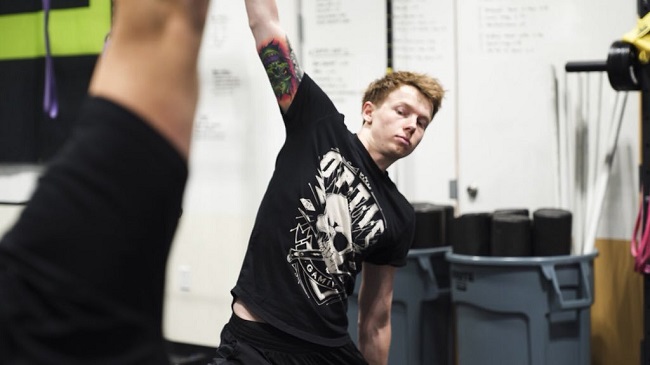
Photo courtesy of IPI
Dr. McGee works diligently on keeping gamers in top shape and minimizing injuries while competing. Although she works across all divisions, Dr. McGee kindly shared some Dota and reflexive specific tips to help prolong careers.
1. Mindfulness and mental toughness training. We know that reaction times improve with increased stress, but only up to a point. After that point, they get slower. Being able to walk the balance between not enough stress and too much pressure is key.
2. Specific practice. Yes, any game that requires quick reaction time will help, but it's essential to practice the things you'll need to do in competition over and over and over. That means not only scrimmaging but also working on 1v1s, character-specific or combo-specific skills ("tech skill"), and team coordination.
3. Exercise. There's strong evidence to suggest that reaction times (for certain tasks) improve during exercise, there's weaker evidence to suggest that effect is retained after exercise. But reaction time does depend on force development, so increased strength or increased development of fast-twitch muscle fibers can improve reaction times.
Johnson had some similar advice for players. His approach is a well-rounded, holistic approach to caring for oneself in order to achieve optimum performance. Johnson recommends addressing areas of physical training, nutrition and proper sleep for starters.
Simple interventions around nutrition and recovery are important as well which will lead to better focus and improved cognitive abilities in the game. Staying hydrated with low calories beverages such as water, and tea and being mindful of the type of energy drinks being consumed is really important. Also adding nutrient-rich foods to your diet such as lean proteins, dense fruits and vegetables, and healthy fats will improve overall health and wellness as well as fuel the body and mind for better performance during long practices and competitive tournament play.
Sleep by far is the biggest bang for your buck to enhance overall performance and improve your longevity in gaming. Everyone does it, but not many get enough of it. When you don’t get enough, your life and performance tend to get worse. Lack of sleep will cause a decrease in the function of your prefrontal cortex, which is key for decision making as well as making it harder to do the hard thing in general. Everyone is different, but aiming for 7-9 hours of sleep each night can have dramatic improvements in your overall health and performance. ”
Out with the Old[man doto] Mentality
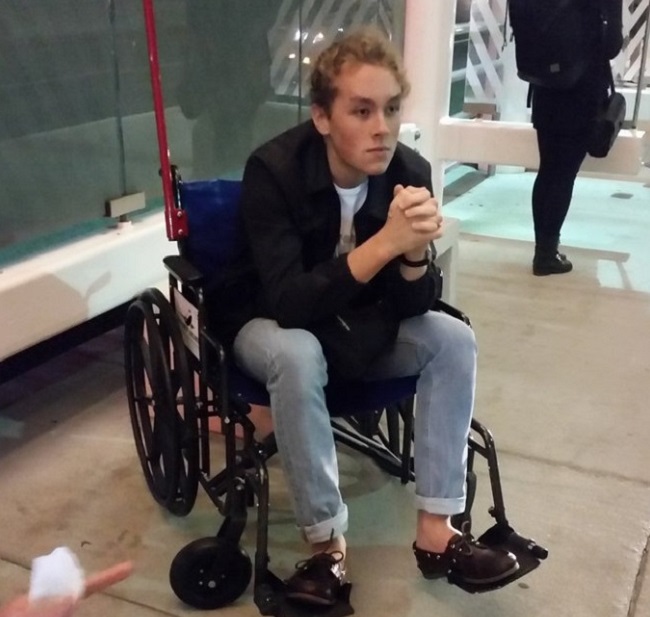
Photo courtesy of Fear
With input from two highly reputable and trained experts in physical health and athletic performance, it seems that the age factor becomes more of a self-fulfilling prophecy than anything. Although some may retire as they hit their late 20s due to a change in priorities such as family or financial stability, a player should not feel less confident or pressured because of a number of birthdays.
Fear wrote,
At the end of the day, balance is key. Working towards that balance takes some work, but once you have the framework in place it can allow you to truly reach your full potential.”
For more literature and assistance from Dr. McGee, fans can head over to 1HP to learn to "play longer with less pain."
Taylor Johnson and his crew over at IPI work directly with players and teams to enhance their performance before, during and after competition.
Most recently, SportsEdTV has begun an initiative, launching a series of training instruction videos for esports athletes, featuring performance coach Taylor Johnson and members of the Infinite Esports & Entertainment professional esports teams.
Be sure to check them out!

